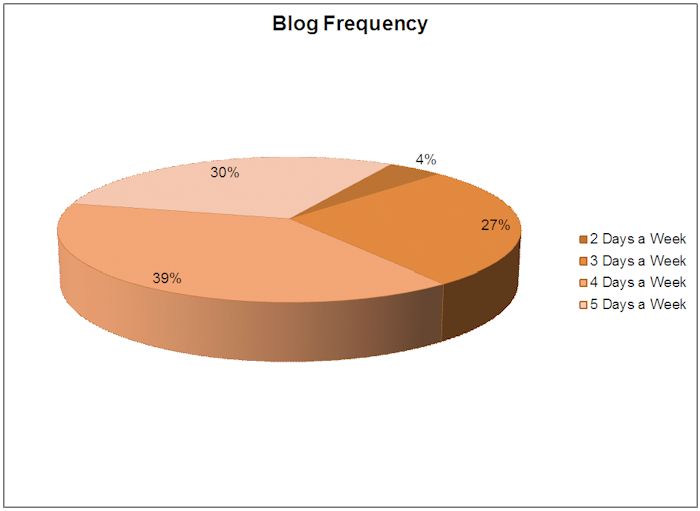I have to admit to making this error myself. I’ll perform a search online and fail to fully check the freshness date of the information I obtain. Of course, there are several levels of freshness date to consider. The first level is the information source. This is the easiest level of data to check. You simply look at the date of the material when you get to the page. Unfortunately, some authors don’t date their work, so you can’t always rely on a posting date. The next best alternative is to ask the search engine to list only those entries that come from a certain time frame. In most cases, you can verify that the information appearing in an article or other posting is current enough for your needs.
Unfortunately, just verifying the posting date may not be good enough. The second level of check is the version of the products discussed as part of the post. For example, you might come to my blog and find a post on CodeBlocks. Unless you read the article carefully, you might think that I’m discussing the latest version of CodeBlocks. However, I have a number of books that rely on CodeBlocks, so I might actually be discussing an older version of CodeBlocks that I used in a specific book. Reading carefully and ensuring you understand version issues is the best way to verify this second level of information.
A third level of freshness checking is the information sources used by the author. This is where things get tricky because the author could truly think that the information source used for an article is the most current available, yet it’s outdated before the author even uses it. Some technologies change so fast that using a resource even a few months old is deadly. These resources become outdated so quickly that they can blindside even a professional author, much less someone who writes on the side. Verifying this level of information requires that you depend on at least three information sources (I recommend finding as many as you can). Gently nudging an article author and mentioning that the information sources might contain outdated material is often helpful when done in a constructive manner.
Freshness checking can occur at even deeper levels. The point is that you can’t be sure that a resource that keeps information literally forever contains the latest information on any given topic. In addition, even when that information is available, it’s up to you to find it. I do try to provide the latest information available when I can. However, when the topic is a question on an older book, I need to address the question in the context of that book and will provide you with some sort of version information so you know what to expect. If you ever question the freshness of the information I provide, please feel free to contact me at [email protected].

